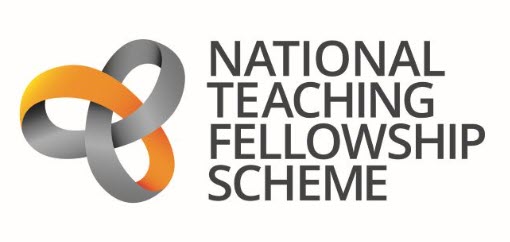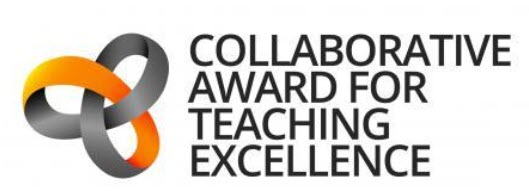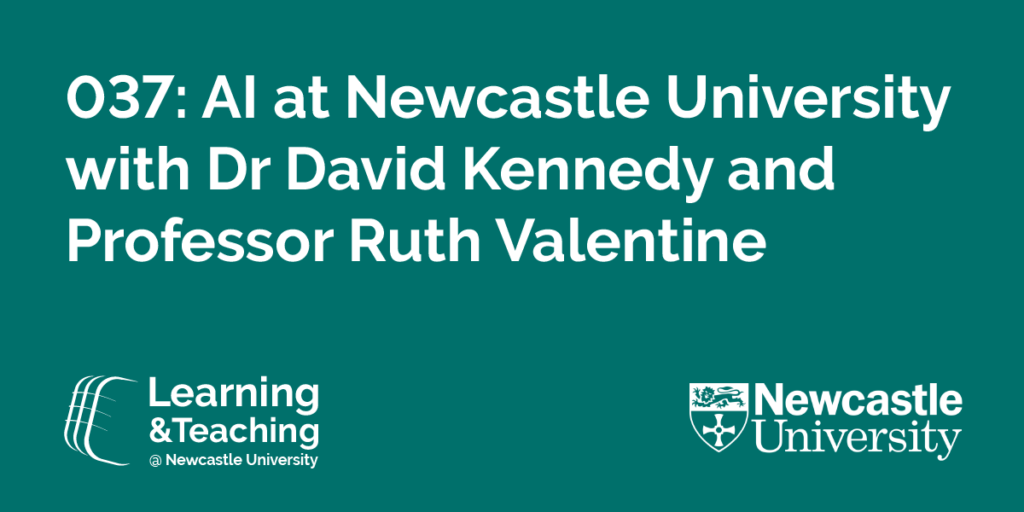The call for nominations for the 2024 National Teaching Fellowship Scheme (NTFS) and Collaborative Award for Teaching Excellence (CATE) is now open and the deadline for nominations is 12 noon on Friday 3 November 2023.

The National Teaching Fellowship Scheme (NTFS) is a highly prestigious award which celebrates excellent practice and outstanding achievement in learning and teaching in higher education.
The awards support individuals’ professional development in learning and teaching and provides a national focus for institutional teaching and learning excellence schemes.
The Collaborative Awards for Teaching Excellence (CATE) celebrate collaborative work that has had a demonstrable impact on teaching and learning.
For more information about the awards, including eligibility and the application criteria, please visit the information pages on the Learning and Teaching website:
Nominations must be a maximum of 1000 words, addressing the relevant criteria and should be sent electronically to ltds@ncl.ac.uk no later than 12 noon on 3 November 2023.
Want to know more? Sign up for our Webinar
If you would like to find out more about NTFS and CATE, please book a place on the webinar taking place on 10 August 2023.









